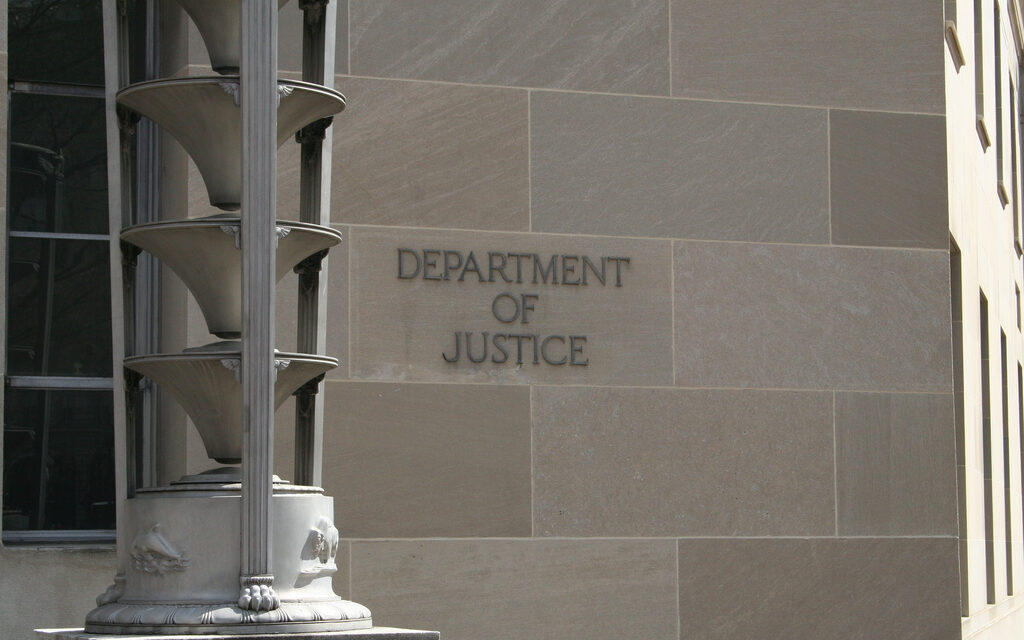ATLANTA, Georgia (CNN) — The Rev. James Orange, a civil rights activist whose 1965 jailing sparked a fatal protest that ultimately led to the famed Selma-to-Montgomery march and the Voting Rights Act, died Saturday at Atlanta’s Crawford Long Hospital, the Southern Christian Leadership Conference said in a statement. Orange was a native of Birmingham, Alabama, “who resided in southwest Atlanta for four decades while fighting the good fight for equality and social justice for all mankind,” said the SCLC, a civil rights organization.
Orange was arrested and jailed in Perry County, Alabama, in 1965 on charges of disorderly conduct and contributing to the delinquency of minors for enlisting students to aid in voting rights drives. As rumors spread that Orange would be lynched, civil rights activists organized a march to support him. However, the marchers clashed with Alabama state troopers during the February 18 demonstration, and a young black man, Jimmie Lee Jackson, was shot in the stomach. “I could hear the singing and the commotion,” Orange told CNN last year. “Once the tear gas was flying and the shots started, I couldn’t tell what was going on.”
Jackson, 26, died eight days later. Witnesses said Jackson’s grandfather, who was active in the voting rights movement, had been beaten by troopers, and Jackson was trying to get him to the hospital.
The anger resulting from Jackson’s death led civil rights leaders, including the Rev. Martin Luther King Jr., to organize the Selma-to-Montgomery, Alabama, voting rights march. The first attempt at that march was broken up by club-wielding state troopers and sheriff’s deputies, a melee that became known as “Bloody Sunday.” “Jimmie’s death is the reason that Bloody Sunday took place,” Orange said. “Had he not died, there would never have been a Bloody Sunday.” On the marchers’ third attempt, in March, they made it to Montgomery. President Lyndon Johnson signed the Voting Rights Act into law in August 1965.
Let’s never forget who we are and what we stand for.
As these old civil rights workers pass on, it provides another opportunity for the transformed liberal Democrat party to celebrate its roots in the 1960s. Without the civil rights and human rights agendas of that era and Carter’s administration, we are little more than a compromised version of the Republican party.




